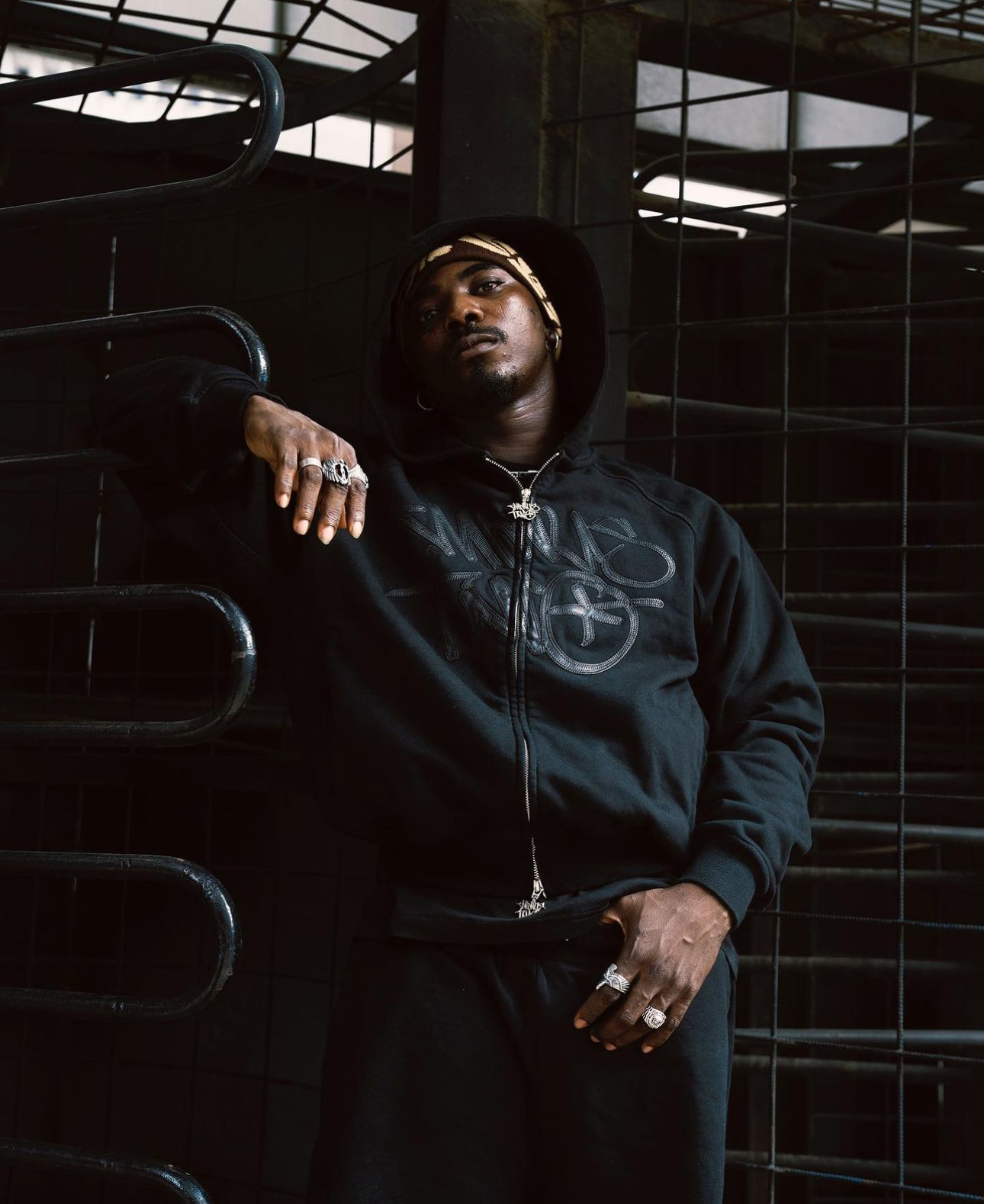Lagos never sleeps. From morning to night, the city’s alive with honking cars, street vendors calling out, and the constant rush of people. And in the centre of it all, lies Nigeria’s music industry—a no-rest, high-stakes ecosystem that never slows down, where the highs are high and the pressures are even higher.
Here, artists are worshipped on stage, only to confront their demons backstage, and behind the cameras and the audience. For all of the perks that fame brings, it sure comes wrapped in pressure that only a few understand. This is the underbelly of Nigeria’s entertainment industry.
Just ask the average artiste in the music industry. They’ll tell you how they’re praised in the club, but the very next day, they’re expected to hold it all together, smile for the fans, and chase the next big hit.
And that’s the thing about mental health in Nigeria, that suffering isn’t supposed to show. If you show it, you’re weak. People believe in resilience, in “gritting your teeth” and moving on, even when that quiet voice inside your head says that you’re at your limit.
Thankfully, things have started to shift ever so slightly recenly in Nigeria and music is leading that change.
Consider Omah Lay, an artist who narrates his survival story, line by line. His music’s lyricism is vulnerable yet captivating, pulling you into the parts of himself that fame didn’t fix.
With tracks like “I’m a Mess” and “Soso” off his critically acclaimed debut album, “Boy Alone” in 2022, he takes listeners through the dark realities of stardom, peeling back the layers to reveal the loneliness, self-doubt, and isolation that come with life in the spotlight.
There is also Boy Llona, whose music major focuses on mental awareness. Even while Afrobeats is known for its catchy, feel-good anthems, and many artists have embraced the bright, romantic R&B side of the genre, he has mastered the dark, depressive end of that sound.
In a society where keeping up appearances is a norm, he’s challenging that tradition. His lyrics give a voice to emotions that are often stifled, letting fans know it’s okay to admit when things aren’t fine. In “Still Scared”, off his debut album, “Homeless”, Llona flashes a snapshot of his fears but quickly turns them into fuel for confidence.

Similarly, Davido, known for turning excitement and exhilaration into an art form throughout his career, has spent over a decade at the top of Afropop crafting moments of pure energy. But in tracks like “Stand Strong” (2022) and “LCND” from his Timeless album, he’s been open about the grief he’s faced.
Behind the glamour of fame, Davido reveals a man who’s dealt with significant loss. When he sings, “make I tell you life is not fair / lost many of my guys but I thank God I still dey here,” the pain in his voice and delivery is undeniable.
What this reveals is, that these artists are changing the narrative, using their music to educate. With each song, they tell Nigerians: “You’re not alone in this struggle”. Beyond the music, industry players are getting involved in the conversation.
What’s more, many prominent musicians like Olamide, Joeboy, Tems and others have openly discussed their mental health challenges. Companies and organizations have used music to create campaigns and promote mental health education.
There are now panel discussions at music festivals, workshops for artists, and even therapy initiatives that weren’t here a decade ago.
And this is crucial because, for many artists, fame doesn’t come with an instruction manual. They rise from obscurity to having their lives scrutinized by millions. The world is watching, and sometimes, that weight is too heavy.


